The narratives around virtual reality consistently revolve around human empathy and emotion, while the story around augmented reality has been decidedly more dispassionate and business-focused — until now.
In a stirring speech held at a recent TEDx event, Brian Mullins, the founder of augmented reality smartglasses startup DAQRI, took to the stage to share why he believes augmented reality can change our culture by providing information in ways that we might otherwise be unexposed to.
To do this, he laid out several examples, the most poignant being a story regarding his own son who was previously in need of a vital medical procedure. Although the procedure wasn't directly aided by augmented reality, Mullins used the personal story as an example of how the lack of information in certain situations could be aided by AR and sometimes change the course of events.
Specifically, his son was born with spastic diplegia (a form of cerebral palsy), a condition that made walking nearly impossible. However, Mullins found out about a spinal surgery procedure that his first doctor was unaware of that might give his son the ability to walk on his own.
It turns out the surgery was a success. And now Mullins' son is in the process of learning to walk on his own, whereas before the family was looking at a future in which, based on the first doctor's analysis, the son would be largely immobile.
According to Mullins, the first doctor's lack of information regarding the relatively new surgical procedure as an option was partly due to the fact that "knowledge is not flowing." And that, says Mullins, who stepped down from his CEO role late last year, is what led to his initial passion for augmented reality.
"I made it my mission so that no one has to through that, and I thought: How could augmented reality start address this problem? What would it look like?" said Mullins.
"Now we can argue: Could augmented reality make the best surgeon better? I would say: yes. The data clearly says that it could … all we have to do is get the knowledge flowing in augmented reality, then we can make a general practitioner or a Good Samaritan anywhere in the world a surgeon when they need to be. And it's not just about surgery, it's about anything you can learn."
It might be one of the most impassioned speeches you'll hear on the topic of augmented reality, and it's coming from someone who put his money where his heart is — with his family.
And while augmented reality is still largely focused on enterprise applications as mobile AR is still ramping up, it's this kind of deeply personal insight into the potential impact of the technology that will ultimately help mainstream consumers embrace it as an everyday necessity. You can watch the entire speech in the video above.
Just updated your iPhone to iOS 18? You'll find a ton of hot new features for some of your most-used Apple apps. Dive in and see for yourself:
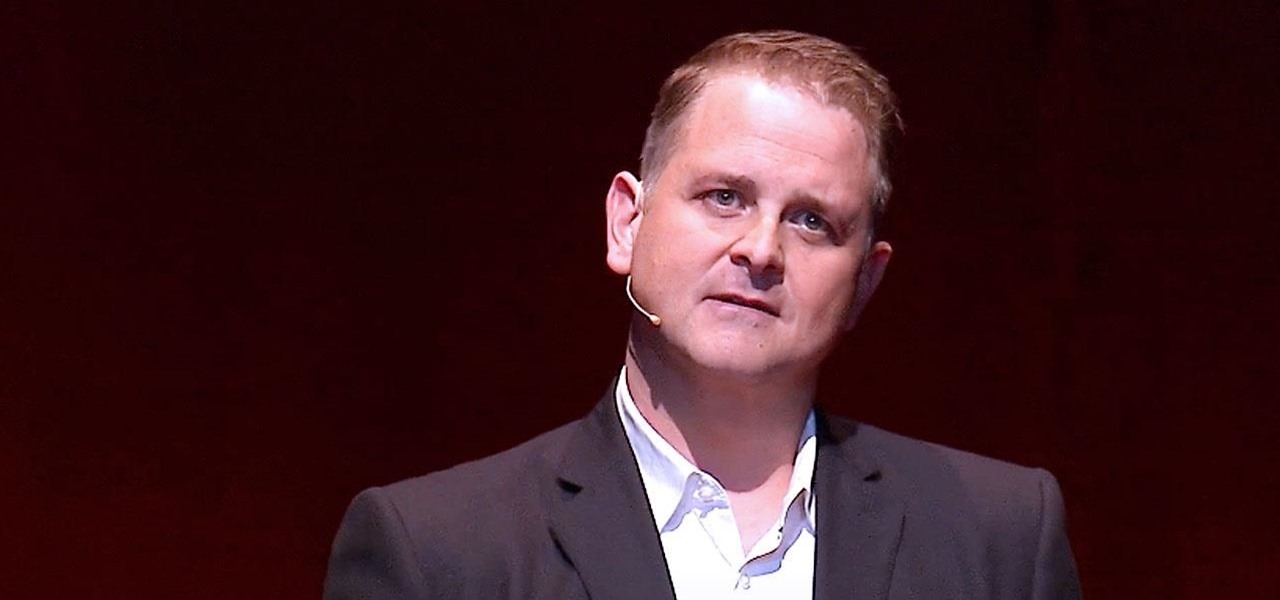


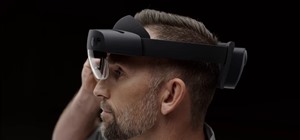
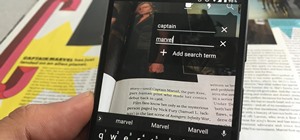

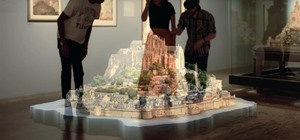





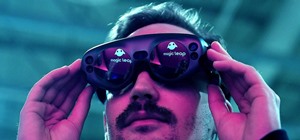









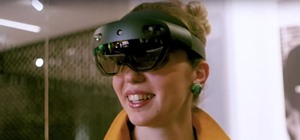

Be the First to Comment
Share Your Thoughts